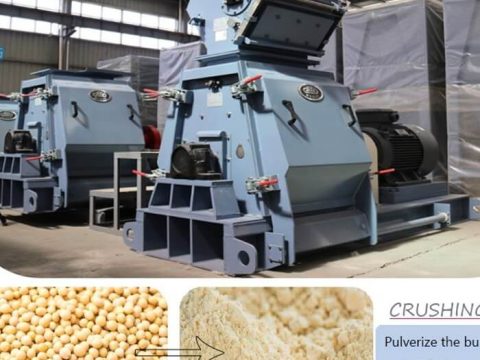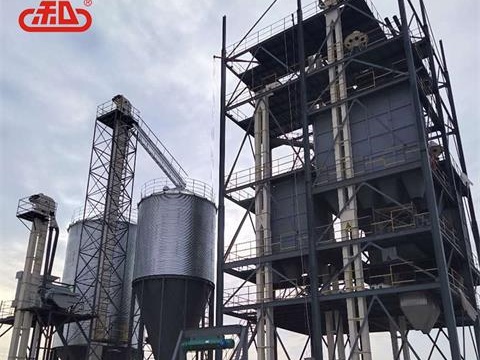Increasing egg production in hens involves providing them with the right conditions, nutrition, and care to support their optimal egg-laying potential. Here are some strategies to help boost egg production in your flock:
1. Select the Right Breeds:
Some chicken breeds are better egg layers than others. Consider breeds known for high egg production, such as White Leghorns, Rhode Island Reds, or Sussex.
2. Provide Proper Nutrition:
Offer a balanced and high-quality layer feed that contains the essential nutrients, including protein, calcium, and vitamins. Layer feeds are specifically formulated for hens in the egg-laying phase.
Ensure access to clean and fresh water at all times.
Supplement their diet with crushed oyster shells or calcium supplements to support strong eggshells.
3. Control Lighting:
Maintain a consistent and appropriate lighting schedule to simulate natural daylight. Hens typically require 14-16 hours of light per day to encourage egg production.
Use artificial lighting in the coop during the shorter daylight months to ensure they receive enough light.
4. Provide Comfortable Nesting Boxes:
Offer clean, dry, and comfortable nesting boxes where hens can lay their eggs.
Ensure there is enough nesting space for all the hens in the flock.
5. Keep the Coop Clean and Dry:
Regularly clean the coop to maintain good hygiene and prevent disease.
Provide clean and dry bedding in nesting boxes to encourage hens to lay their eggs there.
6. Minimize Stress:
Reduce stressors in the coop, such as overcrowding, loud noises, or aggressive behavior among hens.
Handle your chickens gently to avoid causing stress.
7. Monitor for Health Issues:
Regularly check your hens for signs of illness and treat any health issues promptly.
Ensure that your chickens are vaccinated against common diseases to prevent illness.
8. Avoid Overcrowding:
Provide enough space in the coop to avoid overcrowding, which can lead to stress and reduced egg production.
Aim for at least 2-3 square feet of space per chicken inside the coop and 8-10 square feet per chicken in the outdoor run.
9. Maintain a Consistent Environment:
Keep the coop and run area at a comfortable temperature and well-ventilated.
Protect hens from extreme cold or heat, as temperature fluctuations can affect egg production.
10. Consider Adding Artificial Nest Eggs:
Some chickens may be encouraged to lay eggs in the nesting boxes if they see artificial eggs (such as ceramic or wooden eggs) already present.
11. Regularly Collect Eggs:
Collect eggs from the nesting boxes daily to prevent hens from becoming broody (wanting to sit on eggs) and to keep the nest boxes available for fresh eggs.
12. Patience and Persistence:
Remember that egg production can vary with factors like age, breed, and individual health. Be patient and continue to provide proper care and nutrition consistently.
By implementing these strategies and maintaining a healthy and stress-free environment for your hens, you can help increase egg production and ensure a steady supply of fresh eggs from your flock.

After purchasing a good feed grinder, if it is not used correctly, it will not only shorten the service life of the feed grinder, but also affect the work efficiency, resulting in half the result with twice the effort.

14 containers, for a period of one week, double 520 pellet Feed Production Line, loading and shipping in the factory area.